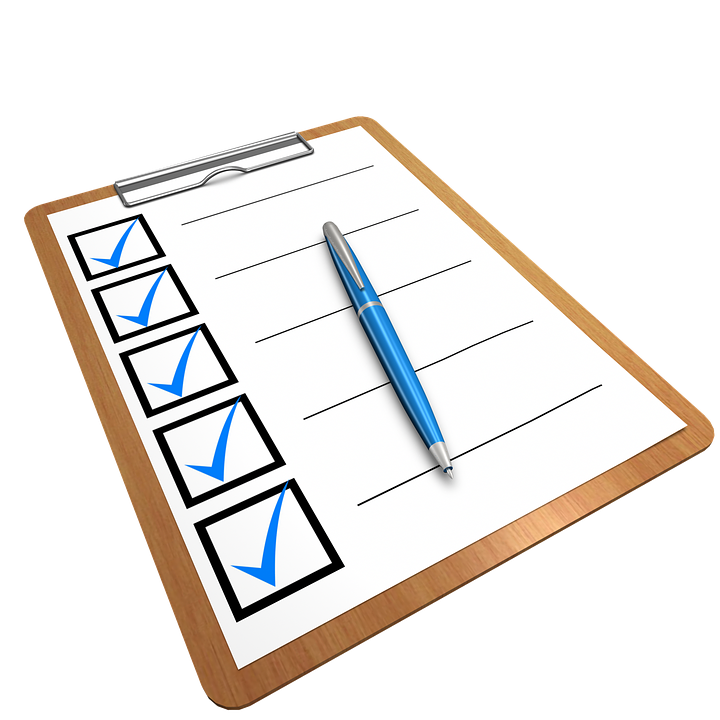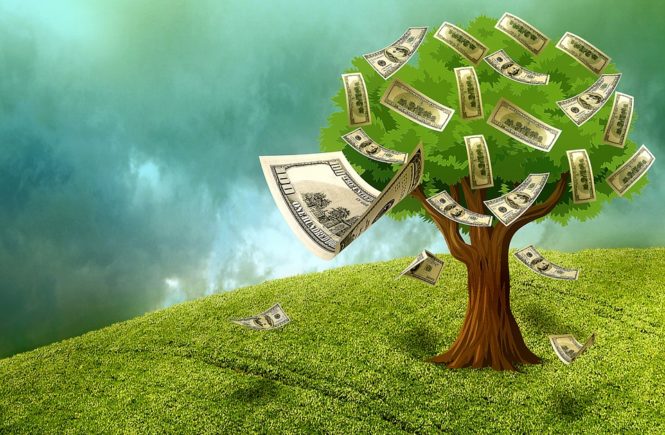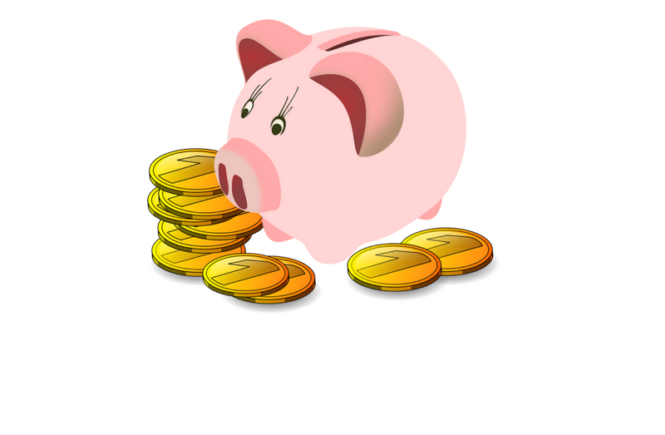
Learning how to keep track of your personal finances is not difficult, but it does require a fair amount of time and discipline. The most important part of tracking your expenses in consistency. Following the methods below will help you down the path of becoming better with your money.
Create a Systems
Regardless of how you choose to log your expenses you have to be able to refer back to it easily. When creating a system:
- include important information
- Record consistently
- Categorize your expense
Keep a note book
Having a note book hand will help you to record transaction as the occurs. By recording all transaction, you will be able to keep track of every dollar received and spent. At the end of the week or month you can transfer to a software or spreadsheet.
Keep a check book
Keeping a check book might seem old fashion but it is a good way to keep track of all your bank transaction. Make sure you record checks, e-checks, ATM, debit card purchases, and any direct/bill payment made by your bank in your check book/register. You might want to write it down as it happens or for the direct/bill payment by your bank record them monthly with the date they are set to pay.
Use a Spreadsheet
Use an excel spreadsheet can be very helpful when tracking your expenses. The spreadsheet will calculate totals as transactions are entered. Once the spreadsheet is setup you can copy to use multiple times.
Analyze your Finances Monthly
At the end of each month spend some time to look at how you spend for the month and see if there is any adjustment you can make. You can now make a budget.




2 Comments
Thank you Elaine.I love your program and are part of your facebook 52week savings plan.Lilly
I am glad you are in the program.